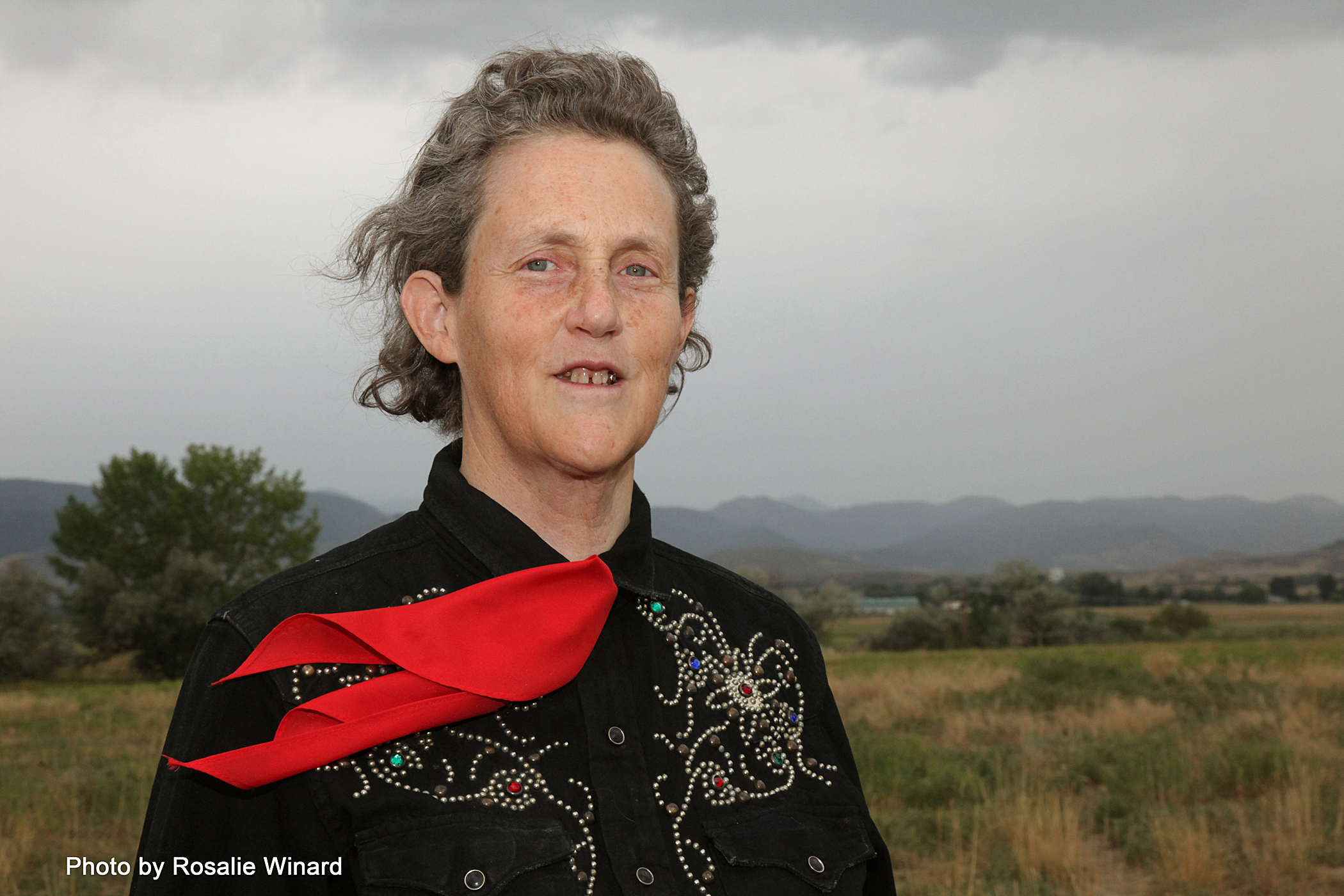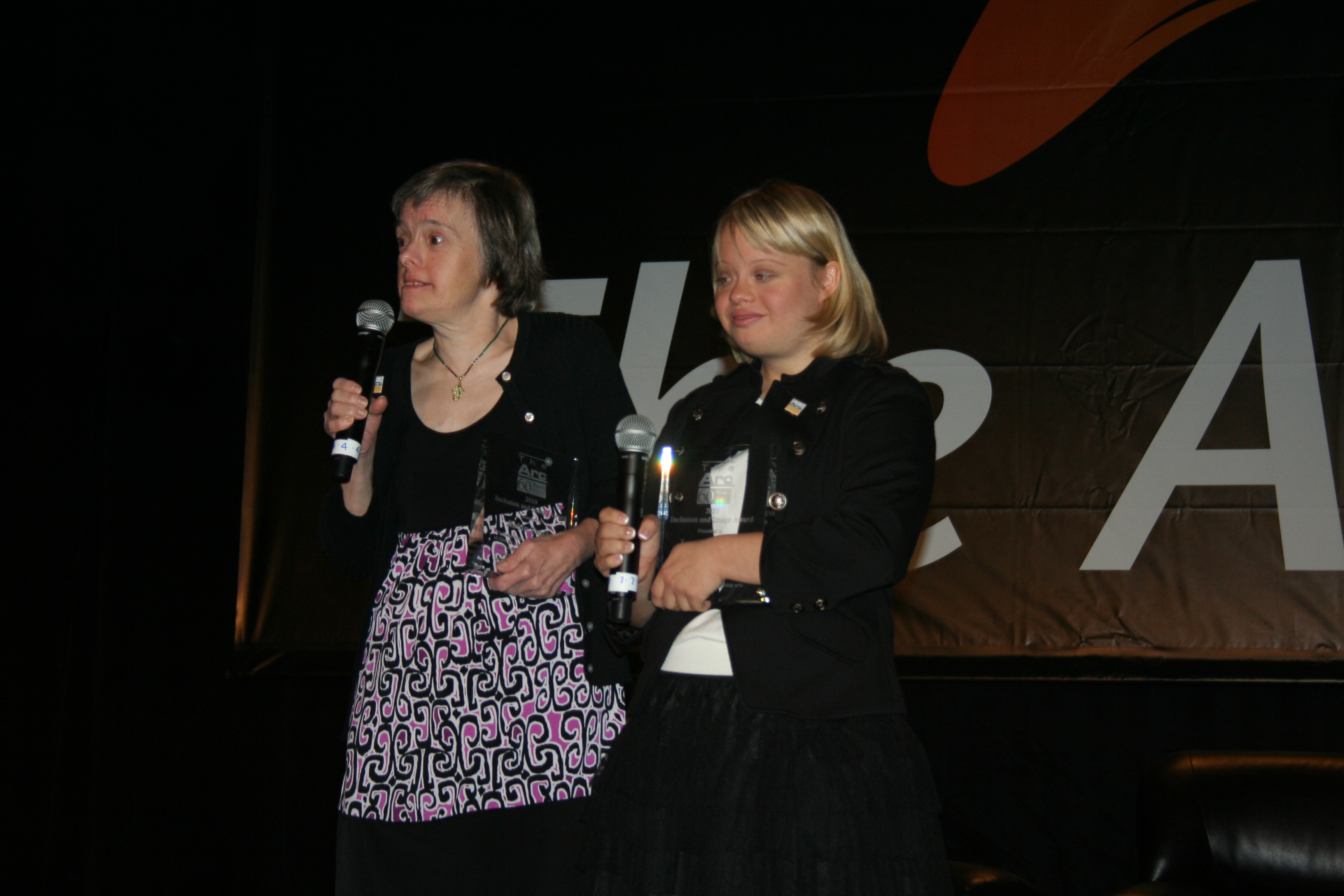WASHINGTON – This week, President Barack Obama announced his appointments to the President’s Committee for People with Intellectual Disabilities, which included The Arc’s CEO Peter Berns. This expert group will provide advice and assistance to President Obama and the Secretary of Health and Human Services on a broad range of topics that impact people with intellectual and developmental disabilities (IDD) and their families.
“I’m honored to be a part of this panel advising the Obama Administration on matters critical to the inclusion of people with IDD in their communities. We are facing enormous challenges right now, with federal and state budget crises threatening the services that support people with IDD to thrive in society,” said Berns.
The President’s Committee for People with Intellectual Disabilities is rich with history, dating back to October 1961, when President John F. Kennedy appointed the first panel of this kind to provide the nation with direction for progress in the field of IDD. This was a turning point for the IDD community, as President Kennedy shined a spotlight on the deplorable living conditions in institutions and limited opportunities for people with IDD across the country. The panel produced a report with more than 100 recommendations for research into the causes and prevention of IDD and for expanding opportunities for education, employment and community living and participation. President Kennedy pushed and signed into law major pieces of legislation that established the foundation for current civil rights protections and programs and services for people with IDD.
By the 1960s, The Arc had emerged as a strong voice advocating for community living and with it the appropriate supports and services people with disabilities need. Today, The Arc is the largest organization advocating for and serving people with IDD, including Down syndrome, autism, FASD, cerebral palsy and other diagnoses. The Arc has a network of over 700 chapters across the country promoting and protecting the human rights of people with IDD and actively supporting their full inclusion and participation in the community throughout their lifetimes and without regard to diagnosis. According to the U.S. Department of Health and Human Services, nearly 30 million, or one in ten families in the United States, are directly affected by a person with intellectual disability at some point in their lifetime.
“The members of this panel will represent millions of Americans and their families at a critical juncture in our efforts to improve the lives of people with IDD. I’m looking forward to joining this group and bringing with me the powerful, personal stories of the hundreds of thousands of families that are part of The Arc,” said Berns.
A nationally recognized nonprofit sector leader and public interest lawyer, Berns served as the Executive Director of the Maryland Association of Nonprofit Organizations from 1992 to 2008 prior to leading The Arc. In addition, he served as Chief Executive Officer of the Standards for Excellence Institute from 2004 to 2008 where he developed Standards for Excellence: An Ethics and Accountability Code for the Nonprofit Sector. A frequent lecturer, facilitator, consultant, and trainer, he has served as an adjunct faculty member at Johns Hopkins University. He was named to the Nonprofit Times Power and Influence Top 50 list five times in the past decade. Berns has a B.A. from the University of Pennsylvania, a J.D. from Harvard Law School and an LL.M. from Georgetown University Law Center.



 Fans of the hit Fox TV show Glee were given an emotional episode last night as Jane Lynch’s character, Sue Sylvester, dealt with the shocking death of her sister Jean, played by Robin Trocki.
Fans of the hit Fox TV show Glee were given an emotional episode last night as Jane Lynch’s character, Sue Sylvester, dealt with the shocking death of her sister Jean, played by Robin Trocki. 





